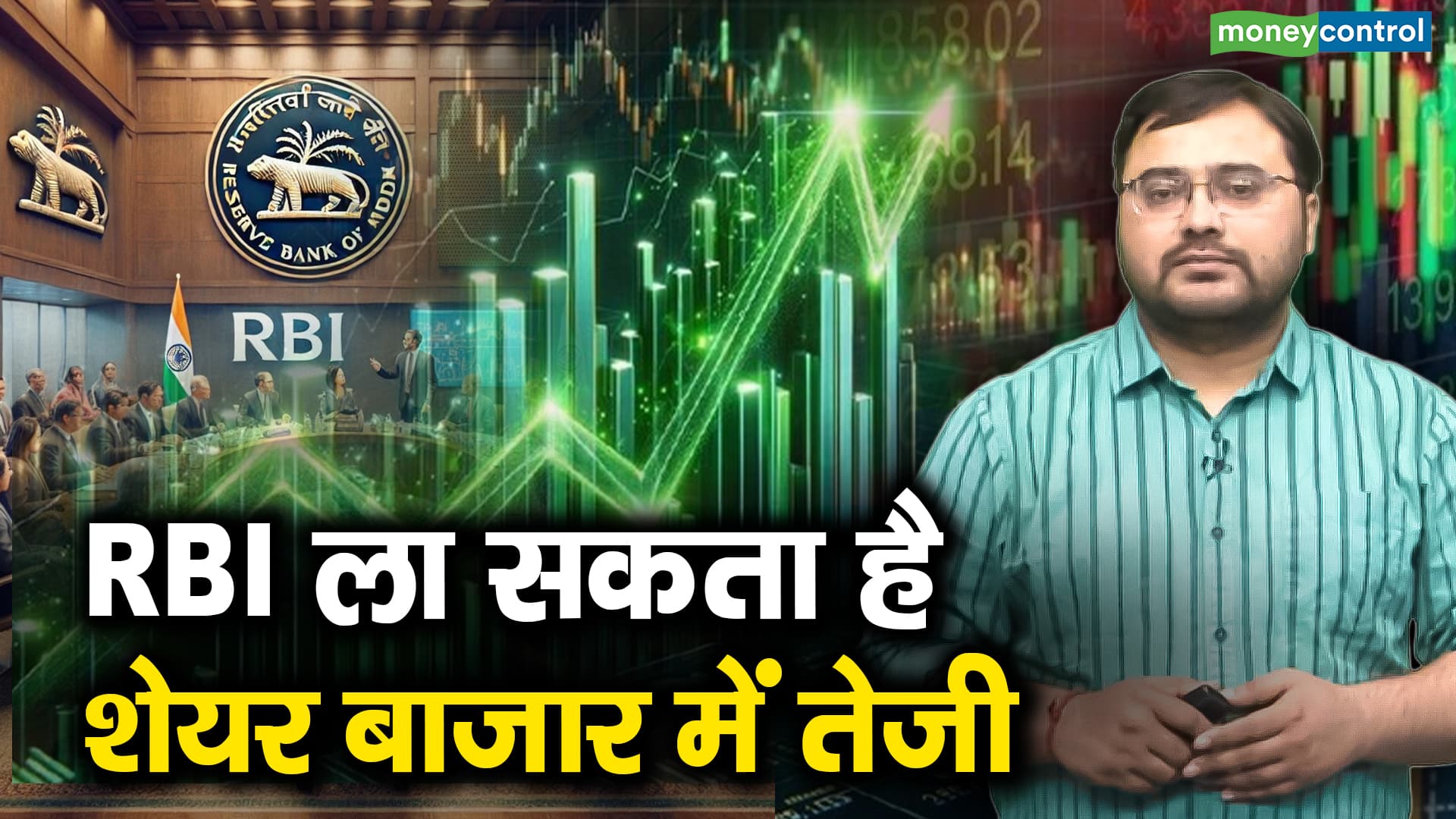The share market in India is currently experiencing significant challenges for investors, with regulatory pressures mounting, particularly from SEBI focusing on the F&O segment. Amidst these obstacles, experts are expressing cautious optimism regarding the RBI’s potential role in stabilizing the situation. In this article, we will delve into the current market conditions, the implications for Indian investors, and the anticipated measures that may influence market recovery.
Current Challenges in the Indian Share Market
Indian investors are facing an uphill battle as the share market grapples with various challenges. The tightening of regulations by SEBI, especially concerning the futures and options (F&O) segment, has resulted in increased volatility and uncertainty. This environment has raised concerns regarding liquidity and the overall trading experience for retail investors.
Impact of SEBI Regulations
SEBI’s efforts to clamp down on speculative trading in the F&O segment aim to protect retail investors from excessive risks. However, these regulations could also hinder genuine trading activities and impact market liquidity. Investors are concerned about potential limitations on their trading strategies, which could lead to reduced market participation.
Expert Opinions and RBI’s Role
Despite the troubling situation, financial experts are looking toward the Reserve Bank of India (RBI) for potential solutions. The RBI’s monetary policy decisions and liquidity measures are critical factors that could influence market sentiment and investor confidence in the upcoming quarters.
What to Expect from RBI?
Experts anticipate that the RBI may adopt an accommodative stance to ease market pressures. Possible measures include interest rate cuts or liquidity infusions to stimulate economic growth. Such actions could provide the much-needed support for the equity market and help restore investor confidence.
Risks Facing the Market
While there is hope on the horizon, various risks remain that could affect the market’s trajectory. Geopolitical tensions, rising inflation, and global economic conditions are significant factors that could deter investor sentiment. Additionally, the ongoing regulatory scrutiny poses a threat to market dynamics, leading to further volatility.
Strategies for Investors
In light of the current market uncertainties, it is crucial for investors to adopt cautious strategies. Diversification of portfolios, staying informed about market trends, and being prepared for volatility are essential steps for navigating these challenging conditions. Engaging with financial advisors for personalized insights can also prove beneficial.
Conclusion
In summary, while the Indian share market is facing various challenges compounded by regulatory actions and global uncertainties, there is a glimmer of hope with the potential interventions from the RBI. By staying informed and strategically planning their investments, Indian investors can better navigate this turbulent period in the stock market.
